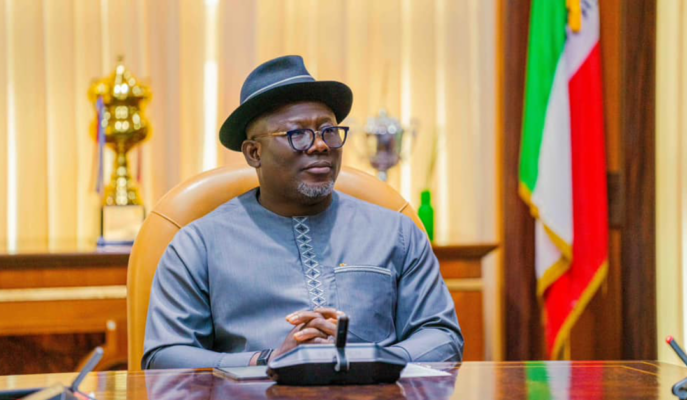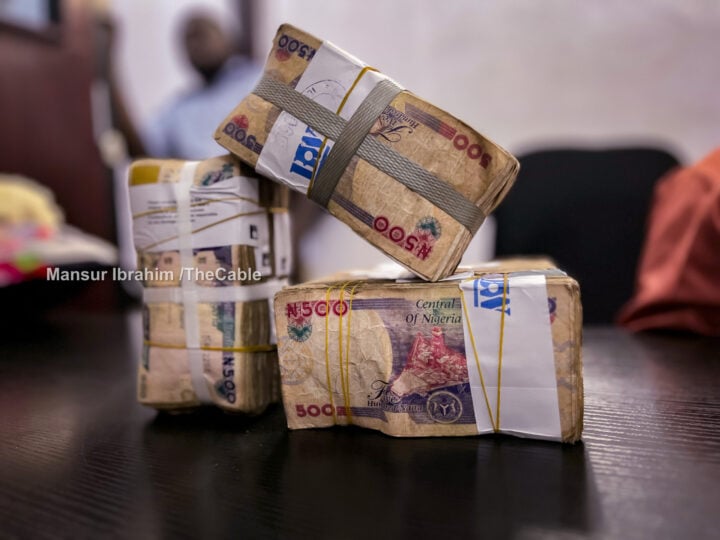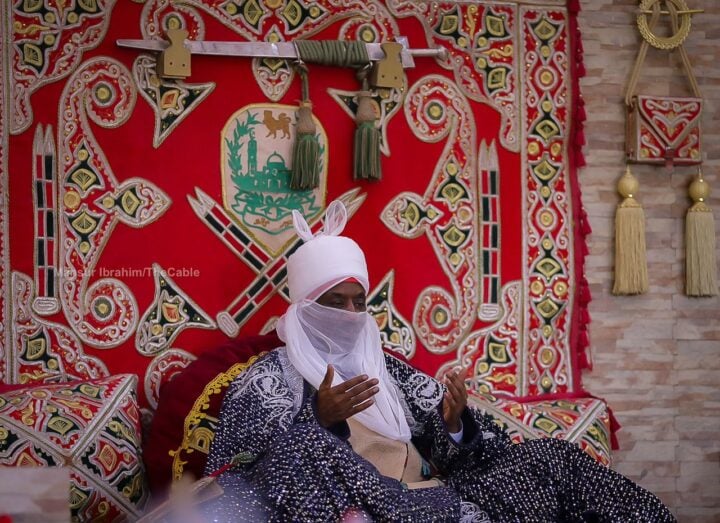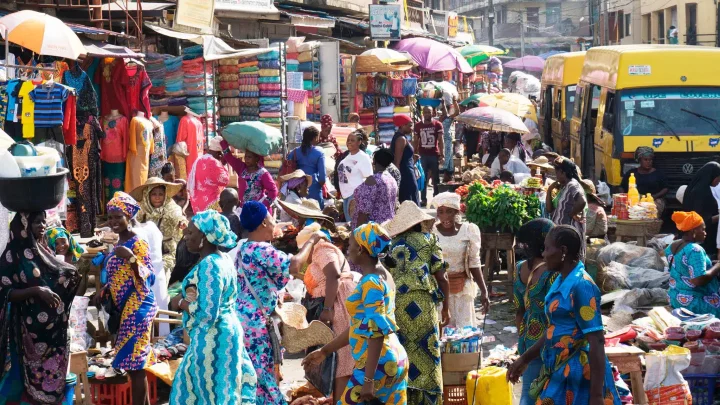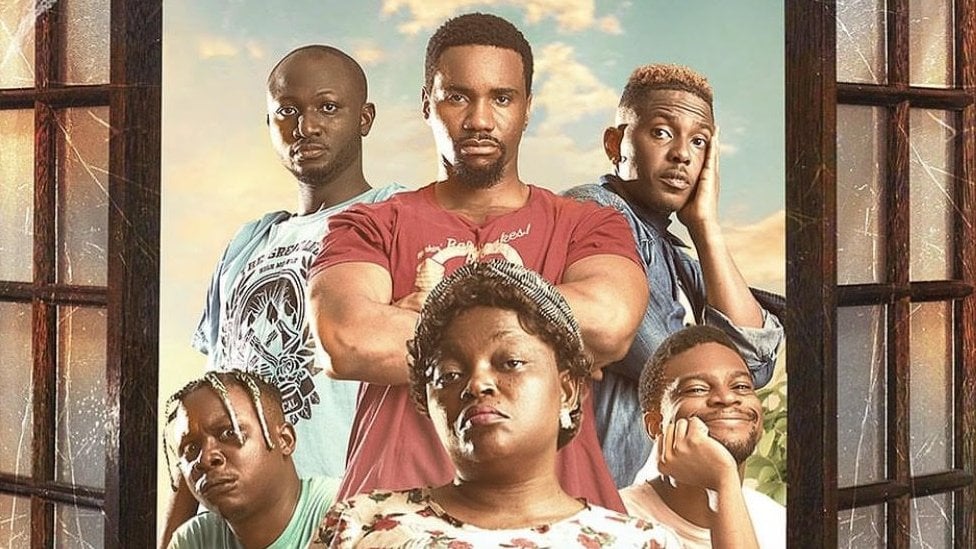Videos of pupils reciting reintroduced national anthem go viral
BY ISAIAH KUMUYI
By presidential assent to a bill of the national assembly on May 29, 2024, Nigeria made a decision to revert to the country’s original national anthem, initially adopted after independence. As is natural with every democracy, divergent views and shades of opinion have trailed the development; and I consider it my obligation to bring a modicum of balance to this trending national conversation.
Justifiably so, the average Nigerian has responded to the development with the rhetorical question, asked in a sarcasm-laden voice, “Is the new anthem what we would eat?”, “Na anthem we go chop?”
Literally speaking, yes, the old-new anthem is not what you will eat, my fellow Nigerian. But, if we all receive it with the meekness of a child and live by its tenets with sincerity of heart, the wordings of that anthem could help us build a Nigeria where you will never have to ask again, “Wetin we go chop?”
Advertisement
Another issue some Nigerians have with the old-new anthem is the anti-colonial sentiment with which they query why the government would favour “an anthem imposed upon us by the colonial masters” over the one composed by Nigerians. Fellow Nigerian, let me quickly inform you that the lyrics and music of what is now our national anthem emerged from a series of competitions open to the general public (Nigerian and global) in 1959. Two of the competitions which spoke directly to the issue at hand were those for the lyrics (Closing Date of March 31, 1959) and music (Closing Date of November 30, 1959), which were open to Nigerians and foreigners. Competitions for the national flag and independence stamps were open only to Nigerians.
Submissions for Nigeria’s independence anthem came from as close as the French Cameroons and as far as the United States. All the entries for lyrics had a requirement to fulfil: “The national anthem … should be in English, should express the spirit of a Nigeria that is free and independent, should not be of more than three verses of six lines each.” Prize monies for the lyrics and music were $280 and 1,000 GBP respectively.
Lillian Jean Williams, a British expatriate in Nigeria working at the federal ministry of labour and welfare, won the lyrics competition. From a pool of 3,693 entries, Frances Benda won the music contest. Benda was a private music teacher and professional pianist at the Carol Hill School of Classical Ballet in London. Combined, those two women gave us our old-new anthem.
Advertisement
Very importantly, you must also know that a panel of six Nigerian judges selected the winning entry. Members of that panel were Fela Sowande, O. Omideyi, T. K. E. Philips, W. C. Echazona, M. C. Majekodunmi, and H. Lawson. At the time, Fela Sowande, a fellow of the Royal College of Organists and a University of London bachelor of music degree holder, was ‘’the first serious African composer to have his music heard in New York”, according to a New York Times publication of 1962.
My fellow Citizen, I have taken you on that historical detour to show you that our new national anthem was not foisted on us by colonial masters. It is the best that emerged from a pool of global submissions, and we should be proud of it.
The symbolic act of re-adopting the anthem is not a nostalgic gesture. Rather, it presents an opportunity for us to embrace a renewed sense of national identity and foster a collective spirit of unity and progress.
More than the immediate past anthem, which I describe as “new-old”, this current old-new anthem addresses our reality as a multi-nation country and stipulates the imperative of brotherhood for peace, plenty and liberty for all.
Advertisement
By returning to this anthem, we can remind ourselves of the sacrifices made by our founding fathers and the ideals upon which the nation was founded. The lyrics of our new anthem are a call for us to reclaim the spirit of unity that transcends ethnic, religious, and regional divides, and to reignite a collective determination to build a prosperous and equitable society for all.
My fellow Nigerians, it is true that governments across all levels have a whole lot to do to convince us that they are capable and mean well for us. But, while we continue to put them on their toes with our comments and constructive criticism, let us embrace the opportunity that this new anthem gives us for a new national orientation. Let it ignite in us a collective desire to confront the challenges that have hindered our nation’s progress, such as corruption, insecurity, and economic stagnation, and to chart a new course towards prosperity and stability.
Now is the time for the National Orientation Agency to wake from its slumber and distil the message of the new anthem into the minds and hearts of Nigerians with a vigorous, long-term national campaign. The old-new anthem should be a rallying cry for all Nigerians, regardless of their ethnic, religious, or political affiliations, to come together and work towards a brighter future for their beloved nation. No other agency of government has the mandate for that but the National Orientation Agency (NOA). Dear Mallam Lanre Issa-Onilu, enough of missing in action!
Dear Nigerian, “no be the anthem we go chop”, but its new arrival in our headspace calls all of us to the immediate task of engaging in a national dialogue to the end of fostering a renewed sense of unity and purpose.
Advertisement
The arrival of our old-new national anthem is more than just a change in melody. It is a call for unity, patriotism, and national renewal. It reminds us of our shared aspiration as a united nation, destined to live in peace and plenty. Let us embrace this call and work vigorously towards building a truly great Nigeria, for now and the future
Nigeria calls to you, dear Nigerian. Obey!
Advertisement
Isaiah Kumuyi, a corporate communications professional, writes from the University of Lagos, Akoka.
Advertisement
Views expressed by contributors are strictly personal and not of TheCable.
Add a comment

